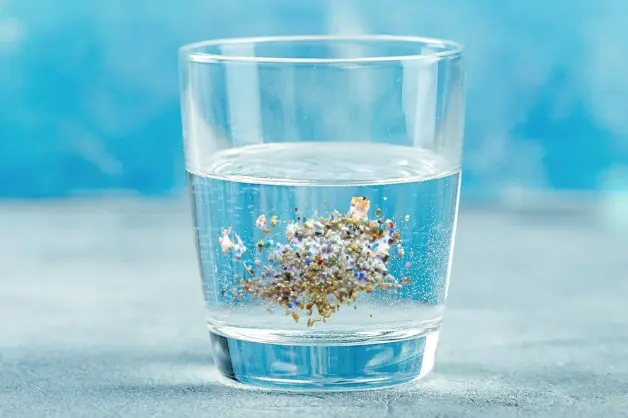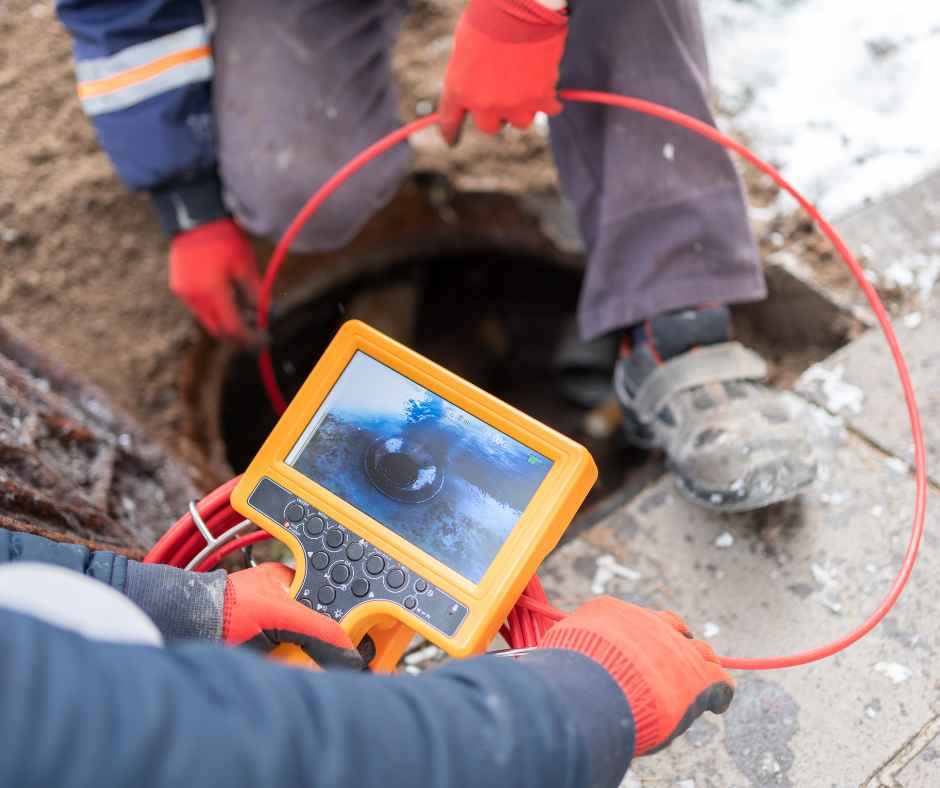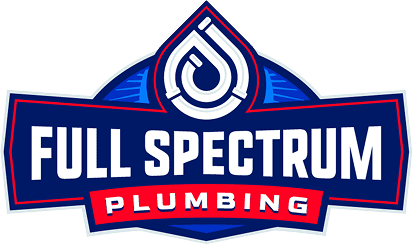Proudly Serving Rock Hill and Surrounding Areas
Microplastics 101: What Every Homeowner Should Know About Their Water

In the pursuit of modern convenience and innovation, we’ve inadvertently introduced a hidden threat into our lives: microplastics. These tiny plastic particles, often invisible to the naked eye, are infiltrating our environment, including our water supply.
As responsible homeowners, it’s essential to be informed about the presence of microplastics in our water and take steps to mitigate their potential risks.
What Are Microplastics?
Microplastics are minuscule plastic fragments, usually less than 5 millimeters in size, that originate from various sources. They can be primary microplastics, purposefully manufactured in tiny sizes for specific products like microbeads in cosmetics, or secondary microplastics, formed as larger plastic items degrade into smaller particles due to exposure to the elements.
These particles are present in a wide range of everyday items, from plastic packaging to synthetic clothing, and even personal care products.
How Do Microplastics Enter Our Water Supply?
The journey of microplastics into our water supply is complex and often overlooked. Rain and wind can transport microplastics from the environment into rivers, lakes, and oceans.
Additionally, wastewater treatment plants may not be equipped to filter out these tiny particles effectively, allowing them to pass through into our drinking water. Microplastics can also shed from plastic pipes, plumbing fixtures, and water bottles, contributing to their presence in our tap water.
Why Should Homeowners Be Concerned?
While microplastics are invisible to the naked eye, their presence in our water raises significant concerns. Here’s why every homeowner should pay attention:
- Health Implications: Research suggests that microplastics can absorb and release potentially harmful chemicals and toxins. When consumed, these particles may pose health risks, including inflammation and the potential for toxins to enter our bodies.
- Environmental Impact: Microplastics can harm aquatic life and disrupt ecosystems. Marine creatures often mistake them for food, leading to ingestion and bioaccumulation. This not only affects marine life but also has repercussions up the food chain.
- Long-Term Consequences: As microplastics persist in the environment for hundreds of years, their long-term effects are still not fully understood. It’s essential to take preventive measures now to reduce their proliferation.
What Can Homeowners Do to Address Microplastics in Their Water?
- Water Filtration: Invest in a quality water filtration system for your home. These systems can effectively remove microplastics and other contaminants from your tap water, ensuring cleaner, safer drinking water for your family.
- Reduce Plastic Usage: Minimize your use of single-use plastics, such as plastic water bottles and disposable utensils. Opt for reusable alternatives like stainless steel or glass containers.
- Proper Disposal: Dispose of plastics responsibly by recycling and following local recycling guidelines. Avoid flushing personal care products that contain microplastics down the toilet.
- Support Sustainable Practices: Choose products made from natural and biodegradable materials whenever possible. Support companies that are committed to reducing plastic waste and promoting sustainability.
- Stay Informed: Keep yourself informed about the latest research and developments regarding microplastics. Being aware of the issue is the first step towards making informed decisions.
Understanding the Impact of Microplastics on Residential Plumbing Water Systems
Microplastics, those tiny plastic particles often smaller than 5 millimeters, are making their way into our lives in ways we might not have anticipated. They’ve become a hot topic in discussions about environmental sustainability and public health.
But how do these minuscule particles affect our residential plumbing water systems? At Full Spectrum Plumbing Services, we aim to provide clear answers to these important questions.
How do microplastics affect residential plumbing water systems?
Microplastics can have various effects on residential plumbing water systems:
- Clogging: Microplastics can accumulate in pipes over time, potentially leading to clogs and reduced water flow. These particles can attach to other debris, forming blockages that impede the flow of water.
- Fixture Damage: As microplastics flow through your plumbing system, they can cause wear and tear on fixtures, such as faucets and showerheads. This can result in reduced efficiency and a shorter lifespan for these components.
- Water Quality: Microplastics can affect the overall quality of your tap water. Although they are typically not harmful at the levels found in drinking water, they can contribute to a general degradation of water quality.
Are microplastics really a threat to groundwater systems?
Microplastics can indeed pose a threat to groundwater systems:
- Leachate Contamination: Landfills often contain significant amounts of plastic waste, and rainwater can carry microplastics from these sites into the groundwater. This contamination can affect the quality of the water extracted from wells and aquifers.
- Aquatic Ecosystems: Microplastics can make their way into surface water, affecting aquatic ecosystems. As groundwater systems are interconnected with surface water, the impact on aquatic life can indirectly affect the groundwater environment.
- Long-Term Consequences: The long-term consequences of microplastic contamination in groundwater are still being studied. While the immediate health risks to humans are minimal, we must consider the potential for cumulative effects over time.
How can you reduce exposure to microplastics?
Reducing your exposure to microplastics is a proactive step towards a cleaner environment and safer water:
- Install a Filtration System: Consider installing a water filtration system in your home. High-quality filters can effectively remove microplastics and other contaminants from your tap water, ensuring that the water you use and consume is cleaner and safer.
- Minimize Plastic Usage: Reduce your reliance on single-use plastics. Opt for reusable water bottles, bags, and containers made from materials like stainless steel, glass, or BPA-free plastics.
- Choose Natural Fibers: When buying clothing and textiles, opt for natural fibers like cotton, wool, or hemp. Synthetic fabrics, such as polyester, can shed microplastics when washed.
- Dispose of Plastics Responsibly: Follow local recycling guidelines and ensure that plastics are disposed of properly. Avoid flushing personal care products containing microplastics down the toilet.
- Support Sustainable Practices: Support companies and initiatives that are committed to reducing plastic waste and promoting sustainable alternatives. By making conscious consumer choices, you can contribute to a reduction in the production and use of plastics.
Microplastics may be small in size, but their presence in our residential plumbing water systems and groundwater can have far-reaching implications. While the immediate health risks to humans are relatively low, it’s crucial to be aware of the potential long-term consequences and take steps to reduce exposure. Full Spectrum Plumbing Services is here to assist you in addressing any plumbing concerns related to microplastics and ensuring your water system is functioning optimally in the face of this emerging challenge.
Full Spectrum Plumbing Services: Your Partner in Clean Water
At Full Spectrum Plumbing Services, we understand the importance of clean water for your family’s health and well-being. Our team of experienced professionals is here to assist you in addressing any plumbing concerns related to microplastics or water quality. From installing water filtration systems to conducting water quality assessments, we’re dedicated to ensuring that your home has access to safe and pure drinking water.
The presence of microplastics in our water supply is a pressing issue that every homeowner should be aware of. By taking proactive steps to reduce plastic usage, investing in water filtration systems, and supporting sustainable practices, we can collectively mitigate the impact of microplastics on our environment and health.
Full Spectrum Plumbing Services is your trusted partner in this journey towards cleaner, safer water for your home and our planet.
[/fusion_text][/fusion_builder_column][/fusion_builder_row][/fusion_builder_container]Recent Posts

Common Plumbing Problems Charlotte Homeowners Face Each Year

How Charlotte NC Residents Can Protect Their Homes From Winter Pipe Damage

How to Recognize a Sewer Line Problem Before It Damages Your Home
Have a Question?


